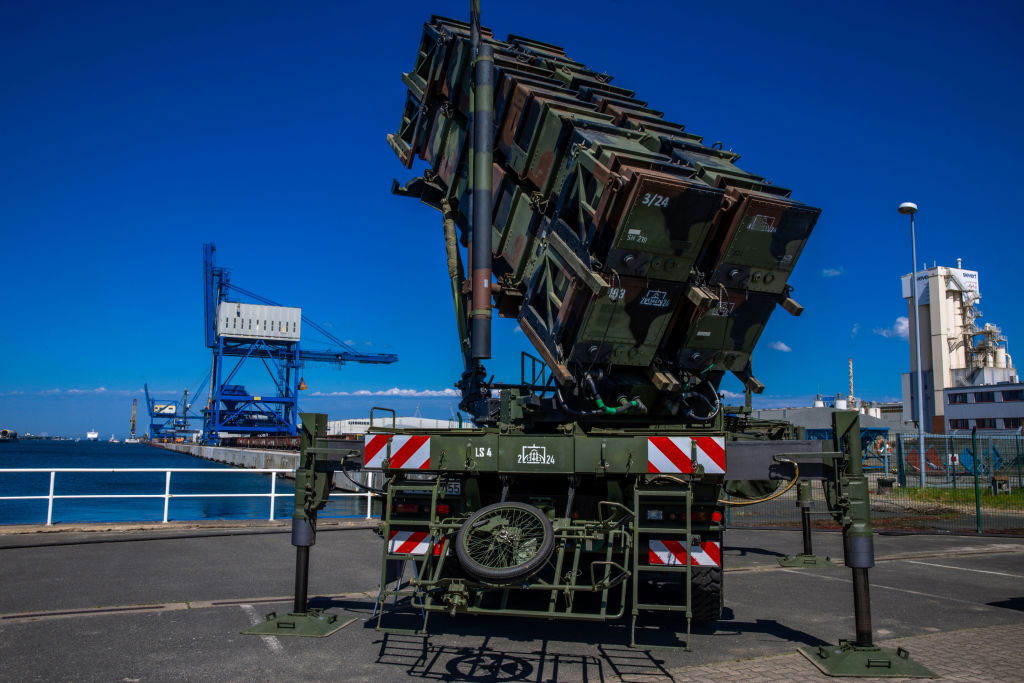Main restaurants
- The US Navy is equipping some ships with Patriot interceptor missiles to counter China‘s growing hypersonic weapons capabilities.
- The highly maneuverable PAC-3 MSE interceptor missiles are being considered for the Navy, driven by expectations that China will use hypersonic weapons that could sink ships in the Pacific.
- Initial tests on a simulated naval platform were successful, but further development and more tests are needed before they can be used on real ships.
Concerns about China’s growing ability to use hypersonic weapons are prompting the US Navy to equip some ships with Patriot interceptor missiles. The news agency reports this Reuters. The move is fueled by expectations that China will use hypersonic weapons that could sink ships in the Pacific. The interceptor missiles Patriot Advanced Capability-3 Missile Segment Enhancement (PAC-3 MSE), used primarily by the US military, are being considered for the Navy.
Increases tension
The decision comes amid growing tensions in the Indo-Pacific region as China rapidly modernizes its military. Recent successful missile defense efforts in Ukraine and the Middle East have fueled increased interest in strengthening naval defenses against advanced threats. The demand for PAC-3 interceptors is high and exceeds current production capacity. This has led to discussions about expanding product lines and possible joint ventures with friends such as Japan.
Buy PAC-3 missiles en masse
Although the exact number of PAC-3 interceptors the Navy will need remains uncertain, there is significant interest from both domestic and foreign governments. The US military wants to buy more than twice as many PAC-3 missiles in the coming years compared to today. To meet this growing demand, Lockheed Martin, the manufacturer of the PAC-3, is proposing a new missile-seeking production line in Florida, adding to Boeing’s production of right now.
Testing and development
The PAC-3 has proven effective against moving hypersonic missiles in Ukraine and the Navy believes it can significantly improve existing missile defense systems, which have not been tested. still proven against such advanced threats. Initial tests on a simulated naval platform were successful, but further development is required before it can be installed on real ships. The Navy emphasizes that more tests are needed, including launching the PAC-3 MSE from a ship and verifying communications with the SPY-1 radar system.
Measures against Chinese threats
The US military has already deployed new weapons and strategies in the Indo-Pacific region to deter China. This includes measures against Beijing’s most advanced anti-ship ballistic missiles, such as the DF-27, which uses a hypersonic glide vehicle for propulsion. Although PAC-3 has a shorter range than the SM-6 missiles of the Navy and cannot hit targets in space, its ability to maneuver and “hit to kill” makes it particularly effective against fast, moving ballistic missiles.
Expert perspectives and strategic implications
Experts believe that the unique capabilities of the PAC-3 complement the existing Navy missile systems by providing additional protection against advanced Chinese threats. This move reflects a growing recognition within the US military of the need to accommodate China’s changing capabilities and maintain a strategic advantage in the Indo-Pacific region.
If you want access to all articles, enjoy our promo for a while and subscribe here!
2024-10-26 18:03:00
#Navy #prepares #hypersonic #threats #Patriot #interceptor #missiles


